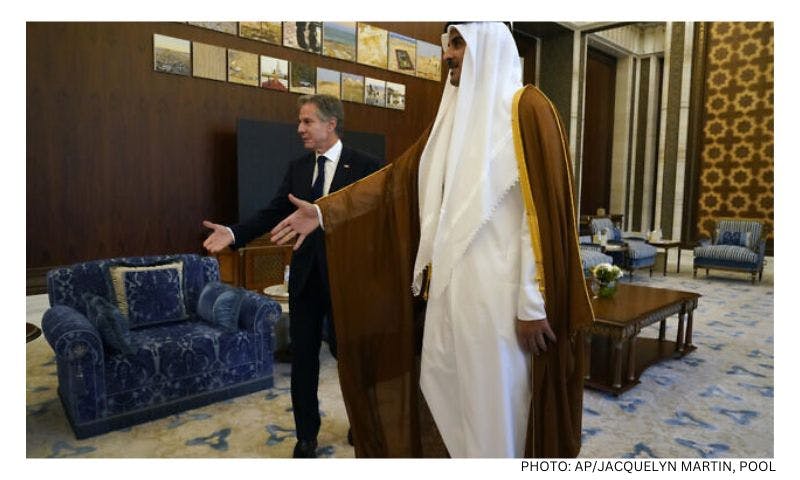Published: 23 February 2019
Last updated: 4 March 2024
It’s a question I’ve heard in more Jewish homes then I can keep track of. It’s become an eccentric game in Jewish circles and a common feature of an unnamed Australian Jewish newspaper, in which identifying this commonality introduces a level of relatability and humanity to a person deified by broader society. Or perhaps it’s in pursuit of a gratification that comes of Jewish “success” stories; the success of one tribe member is validation for the whole tribe.
Many Jewish circles will play this game in the political sphere – a realm where perhaps it’s best to avoid games. Locating and identifying all the “teammates” in global politics is a necessity for some. This is made evident by the Wikipedia pages dedicated to identifying and listing such Jewish politicians across the world.
For others, it has formed the basis for a frightening rendition of single-minded voting, supported by the claim that “the Jews will do what’s best for the Jews.” This horribly misguided notion manages to simultaneously neglect the rich diversity of beliefs among Jewry while also ignoring 99.98% of the world through their voting practices.
It’s easy to examine this attitude through a cynical lens and oversimplify its potential causes, attributing it to the political divide and partisan politics. However, I would like to proffer an alternative hypothesis. -Our community has developed an obsession with a certain dichotomous question, one that is instilled in the youth that have grown up through almost any Jewish institution in the past decade. “Are you an Australian Jew or a Jewish Australian?”
From a very young age, our structures ask kids this question, thinking it to be of profound importance. The sad reality is that not only is it a deeply unsubstantial question, but one that may be detrimental to our community.
This question is asked continuously, conditioning our kids into an outdated ideal. Superficially, it is an innocuous question; a simple consideration of the various facets that comprise our identity. I would argue there are broader, more sinister consequences.
By continuously repeating this question, we are instilling in our kids a notion that the Jewish and Australian aspects of our identity are at odds; that we must prioritise one over the other. This portrayal of identity overlooks the human capacity for nuance. It suggests that a singular, linear identity will ultimately prevail as the defining trait of our character.
This is not the case. The complexity, contradiction and multiplicity of human identity is self-evident – today more than ever. In a 21st-century world that has transcended linear loyalties/ideas, we should embrace more progressive approaches to identity.
By doing so we can learn to appreciate ourselves and the world in a more honest – albeit messy – way. We can understand that we are wholly Jewish and Australian simultaneously. And we bear responsibility to both factions (and for that matter, to all factions to which we belong).
No longer can we justify single-minded voting, because by appreciating all facets of our identity, we understand that our vote needs to be informed and directed in a way that appropriately addresses our responsibilities to ourselves and the broader communities of which we are all members.
The unfortunate reality that accompanies this realisation, is that while we may be able to appreciate this complexity, our voting systems don’t. It would simply not be feasible to have governmental representation from every unique identity and its accompanying perspectives.
So, instead, we are put in positions where we have to make decisions in the same vain as the Jewish-or-Australian question; where we have to prioritise which parts of our identity we give voice to. These are decisions we have all made before – consciously or otherwise – and will make again (in the upcoming federal election, for example).
It is because of this oversimplification, however, that I reiterate the importance of using a more nuanced approach to these decisions; one that genuinely examines and considers the issues and challenges facing the world and our responsibility to them.
Cartoon: John Kron



